There are several prevalent factors that often lead individuals to consider pursuing federal lawsuits within the realm of immigration. These reasons stem from a range of intricate legal challenges and complexities that can arise during the immigration process.


Failure to Timely Adjudicate Your Naturalization Application
Following the interview, naturalization applicants awaiting a decision may initiate a federal lawsuit against USCIS if the agency exceeds 120 days without rendering a decision after the applicant’s interview. The Federal Court holds the authority to decide on the applicant’s application or remand it back to USCIS for a decision. Burgos Law communicates directly with USCIS’ attorney which often leads to USCIS deciding after the lawsuit has been filed, but before the Court gets involved.
Failure to Timely Adjudicate other Petitions and Applications
If your petition or application is outside current or historical USCIS processing times (or an immigration regulation requires adjudication within a specific time period), you may initiate a federal lawsuit against USCIS to render a decision due to the agency’s inaction or unreasonable delay.
Erroneous Decision by USCIS or the Consulate
Unreasonable Delay to Schedule an Affirmative Asylum Interview
If you have a strong asylum case and you have been waiting for years for your interview, you may initial a federal lawsuit against USCIS for the agency’s inaction and unreasonable delay to schedule your affirmative asylum interview. Burgos Law communicates directly with USCIS’ attorney which often leads to USCIS scheduling your asylum interview after the lawsuit has been filed, but before the Court gets involved.


Your Case is Stuck in Administrative Processing at the Consulate
Following the consulate interview, The Consulate sometimes places the case in administrative processing. Administrative processing is when a visa application undergoes additional review or security clearances outside of the “normal” visa processing times and procedures. It often feels like your case enters a black hole with no estimate timeframe for final adjudication of your visa. After a few months, you may initiate a federal lawsuit against the Consulate due to the agency’s inaction or unreasonable delay in adjudicating your visa application.
Navigating the fear of initiating a lawsuit against USCIS or the consulate is a legitimate concern for many clients.
Actions before initiating a lawsuit in Federal Court.
Not quite ready to file a federal lawsuit against immigration? Remember, filing a federal lawsuit against immigration is the only way to mandate action on your case. Other efforts, more often than not, fall short, and immigration takes no action on your case.
Other Efforts to Follow Up with USCIS include:
- USCIS Inquiry: https://egov.uscis.gov/e-request/Intro.do
- Ombudsman Request: https://www.dhs.gov/case-assistance
- Contact Your Federal U.S. Representative to submit a Congressional Inquiry: https://www.house.gov/representatives/find-your-representative
- Send a Letter to USCIS


Other Efforts to Follow up with the Consulate include:
- NVC Inquiry: https://travel.state.gov/content/travel/en/us-visas/visa-information-resources/asknvc.html
- Contact Your Federal U.S. Representative to submit a Congressional Inquiry: https://www.house.gov/representatives/find-your-representative
- Email the Consulate
Pro Hac Vice into Florida Federal District Courts for Immigration Related Matters
Burgos Law values teamwork and collaborates with other firms to file mandamus and APA lawsuits. If you’re a law firm seeking Pro Hac Vice or Co-Counsel assistance in any Florida Federal District Court, kindly reach out to hello@acbesq.com to schedule a meeting with our attorney to discuss options. We’re
here to offer our assistance and expertise!



